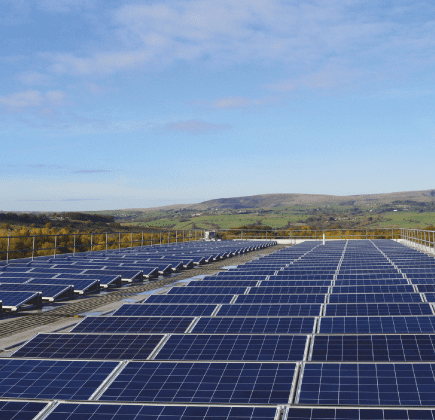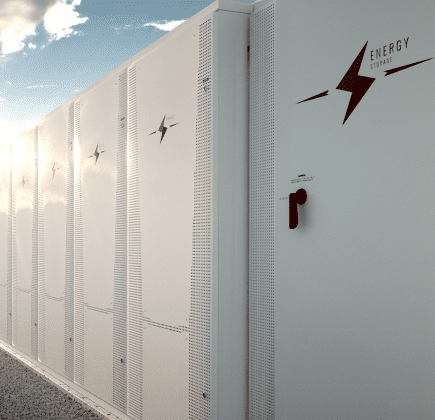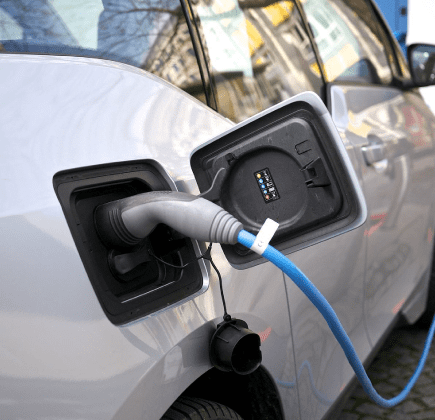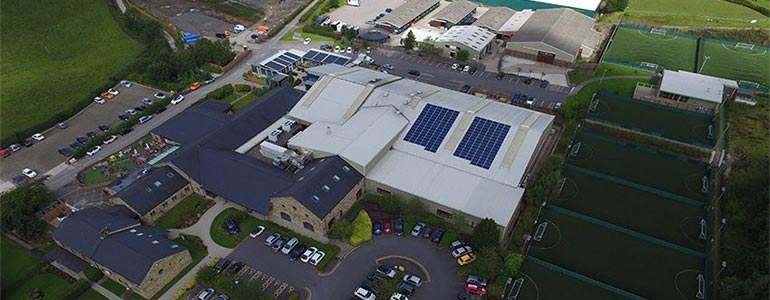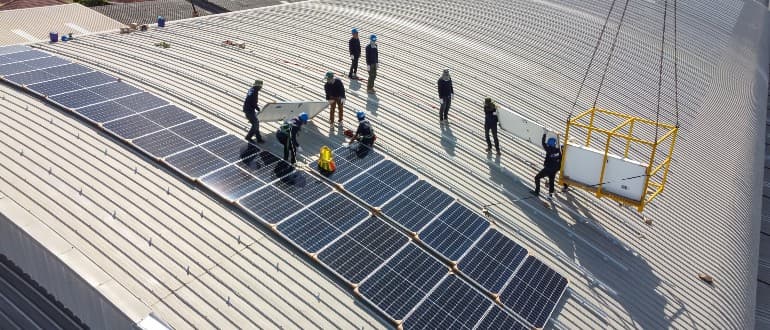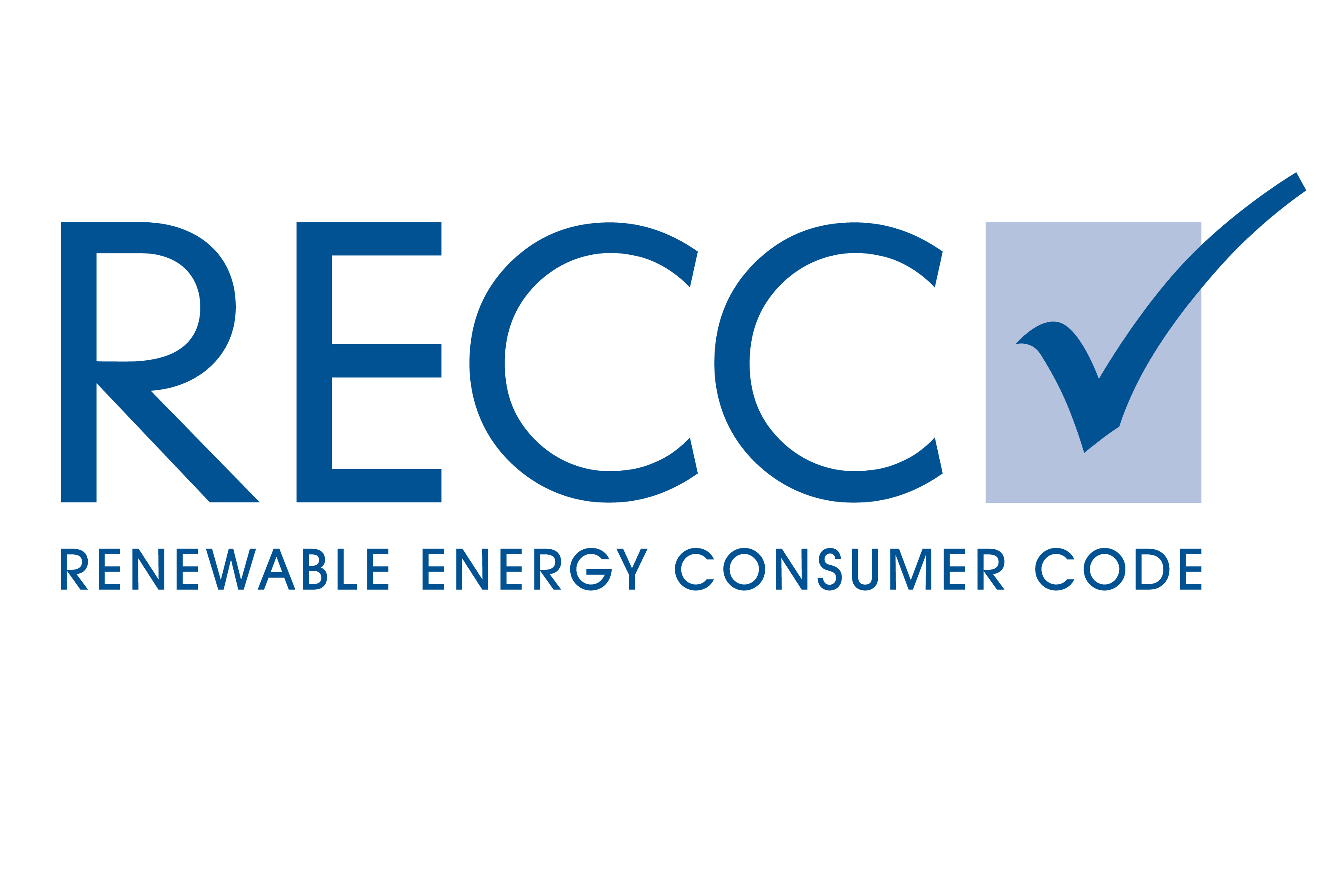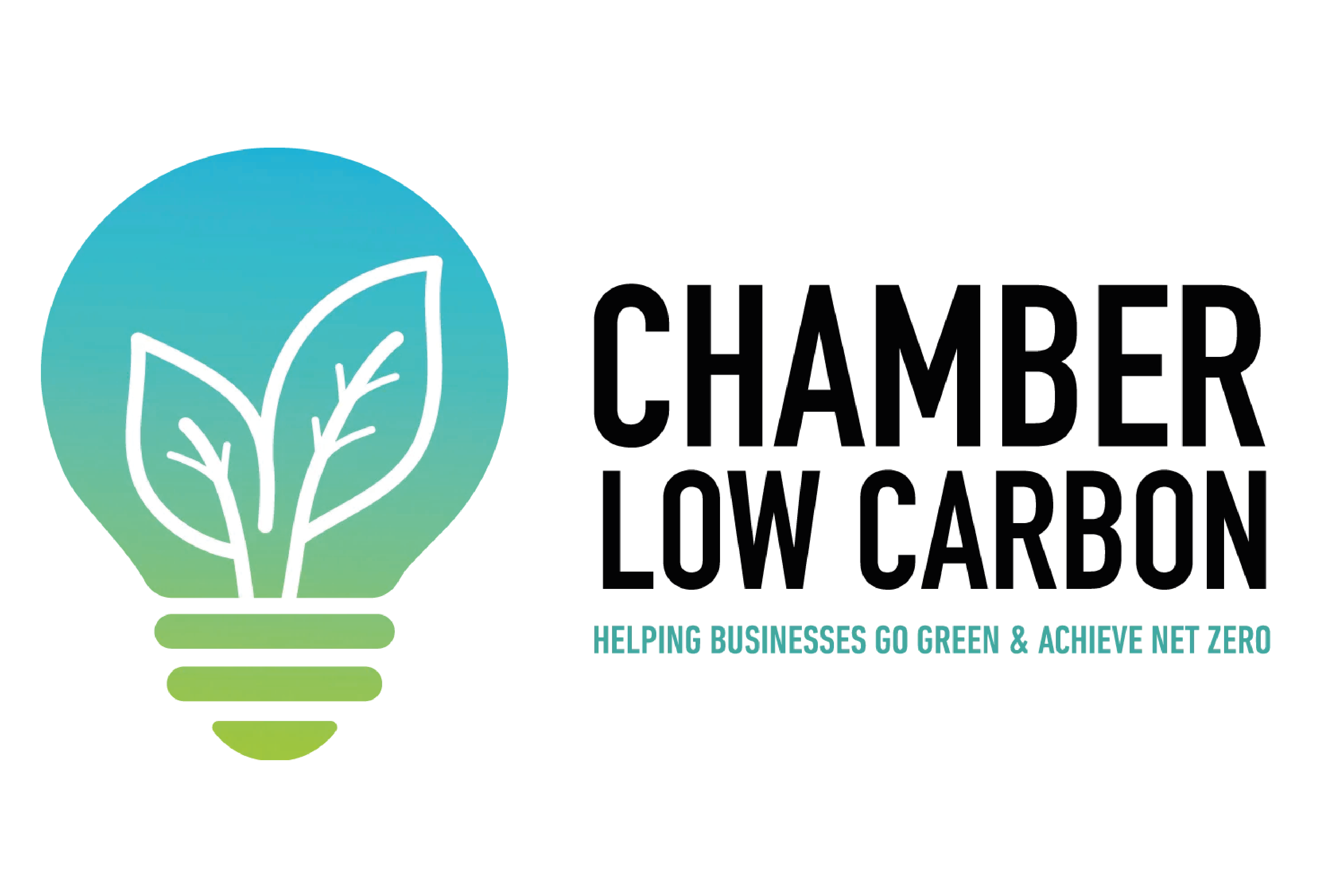
A year in review – a roundup of our biggest stories in 2023
It’s been a big year for climate in 2023 – and we’ve been taking care to keep ourselves at the cutting edge of current events here at Low Carbon Energy, making sure that you’re always up to speed on what’s going on in the world of commercial solar panels. This week we’re making a quick roundup of some of our biggest stories from this year, so in case you missed them, here’s a quick snapshot of how 2023 has gone in a nutshell!

Chris Skidmore’s Net Zero Review
It was a bit of a rough start to the year for the UK government, as January saw the release of the Net Zero Review, assessing the UK’s progress towards this goal. It was authored by Conservative MP Chris Skidmore, acting as the Interim Minister for Energy and Clean Growth. His conclusions were not flattering. Britain was found to be not on track with virtually all of our targets, including transport, housing, family or energy generation. The report was at least unequivocal in its support for Net Zero, touting the economic benefits it will bring. Unfortunately, the government’s response didn’t initially impress anyone. And only a few months ago, the Climate Change Committee’s 2023 report demonstrated that the government’s trajectory hasn’t improved. Let’s hope for better in 2024.
Solar power reaches a (positive) tipping point
According to the results of a joint study between the University of Exeter and University College London, it’s now almost certain that solar energy will become the world’s main source of energy by 2050, a projection supported research from Berlin-based Mercator Research Institute on Global Commons and Climate Change (MCC), which found that the cost of solar power has dropped by nearly 90% in just the last decade.
This shift is reflected globally, and while the UK’s slow progress is being (rightfully) criticised, the general public appear to be becoming more concerned about the issue than ever, and there are signs of growing political pressure on embattled Prime Minister Rishi Sunak to take decisive, positive action on the issue. And with growing proof that solar energy is set to become not just the dominant energy source of the UK, but the world at large, there’s no question that new fossil fuel licences will become progressively harder and harder to justify. The only main question left is: by the time the government realises this, will it already be too late?
Support for electrification surges across Europe
As part of an encouraging pattern globally, Europe’s energy landscape in general is rapidly shifting towards electrification and renewable sources. Accelerated global adoption is being driven by rising social acceptance, policy support, and favourable economics. In the UK alone, there are concerns over energy standing charges (news which is probably not new to you), and these concerns are leading directly to greater public acceptance of change.
One recent study from Goldman Sachs is particularly worthy of note, with its conclusion that electrification has the potential to “cut European energy bills significantly” – full electrification could potentially decrease household bills by over 20%. What’s more, Goldman Sachs’ research indicates that over 70% of electrification in Europe over the next decade will be deflationary, aligning with the broader trend of solar power becoming progressively more cost-effective. No wonder so many businesses are moving ever-more decisively to install commercial solar panels!
COP28 – the annual UN climate conference
This year’s COP28 conference was certainly eventful – kicked off by rumblings that the COP28 president (who is the head of an oil company) was planning to use the climate conference to seal oil deals. That seemed, at best, counterintuitive, especially since Mr Sultan Al Jaber made no move to deny these reports.
There was also controversy around the language of the Global Stocktake – the text outlining where progress has been made, and what needs urgent improvement if the world is to meet its climate commitments. After a bit of back-and-forth over the specifics of the language (hugely important in a legal text), COP28 finally achieved an historic milestone – namely, a universal consensus that countries need to transition away from fossil fuels in energy systems. And although lots of countries rightly think that the text could have gone a lot further, it’s still an important landmark achievement worthy of recognition.
So that was 2023 – let’s see what 2024 brings! And if you’re planning to transform your business energy supply, we’ll be right there with you here at Low Carbon Energy.
Here at the Low Carbon Energy Company, we have over 60 years of combined experience in commercial solar, having helped SMEs and large corporations across a wide variety of sectors transform their business’ energy supply.
Each of our installations is bespoke, tailoring your solution on your specific energy profile, helping us to maximise carbon reductions and saving you thousands in energy bills. Feel free to look at our case studies for just a few examples of businesses which have reaped huge rewards from solar, such as Boeing and Irish Water. To find out how we can help you, feel free to give us a call today on 01282 421 489!
 Energy Technology
Energy Technology

Powering your present. Preserving your future.
Call us on 01282 421 489

strategy be a priority?

